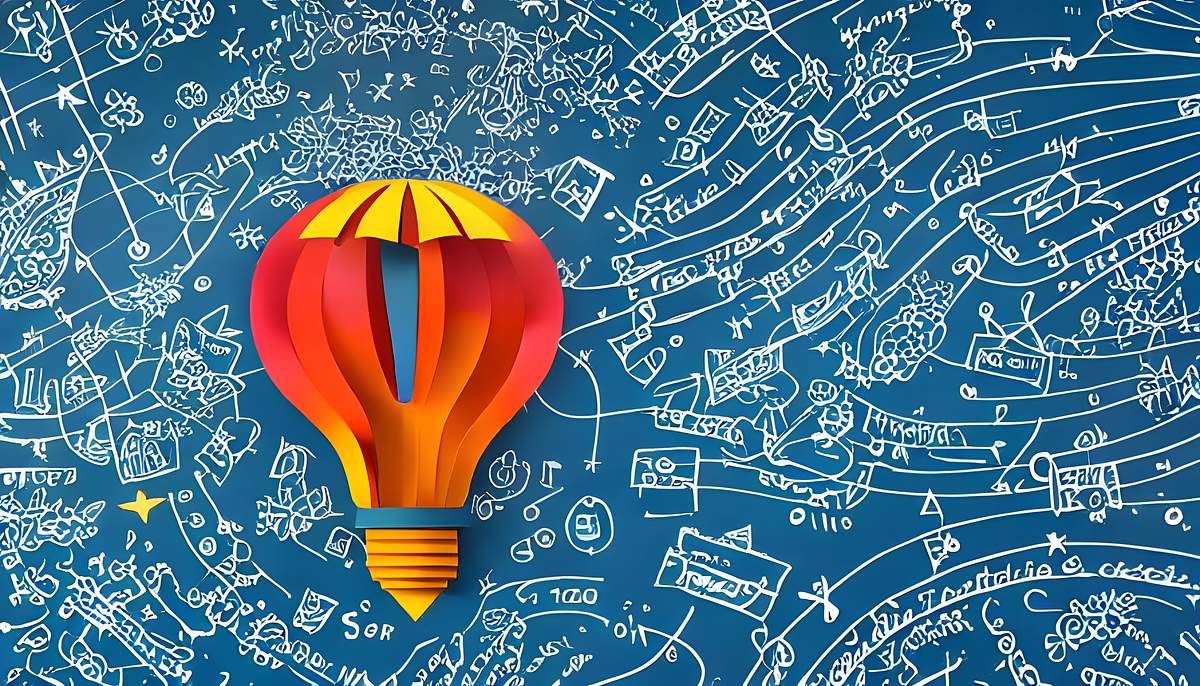Artificial Intelligence (AI) has made its mark across various industries, and education is no exception. With its rapidly growing capabilities, AI is reshaping how we approach learning, offering exciting possibilities for students, educators, and institutions alike. From personalized learning experiences to administrative efficiencies, the future of education is increasingly intertwined with AI technologies.
One of the most significant ways AI transforms education is through personalized learning. In traditional classrooms, one-size-fits-all teaching methods often fail to meet the diverse needs of students. AI-powered platforms can analyze students’ learning styles, strengths, weaknesses, and pace and tailor lessons to suit their requirements. For example, platforms like DreamBox and Squirrel AI use machine learning algorithms to adjust lessons in real-time, ensuring that students receive the right challenge and support. This personalized approach helps students grasp concepts more effectively and boosts engagement and motivation by offering content that aligns with their learning preferences.
AI also plays a key role in enhancing access to education. Through intelligent tutoring systems and virtual assistants, AI is helping to bridge the gap between students and quality education. AI-driven tools such as chatbots can answer student questions and provide feedback, allowing learners to get immediate assistance even outside regular class hours. This can be especially beneficial in remote or under-resourced areas, where access to teachers or tutors may be limited. AI enables education to be more inclusive, reaching students who might otherwise face barriers to traditional learning environments.
Another promising development in AI education is automated grading and assessment. Traditionally, grading assignments and exams can be time-consuming for teachers. With AI, however, platforms like Gradescope and Turnitin can automatically grade papers, quizzes, and assignments, saving educators valuable time. AI doesn’t just grade; it can also offer feedback to students, helping them understand where they went wrong and how to improve. This frees teachers to focus on more creative and interactive aspects of teaching, such as fostering critical thinking and problem-solving skills.
AI also plays a pivotal role in predictive analytics, allowing educators to anticipate and address student challenges before they become significant issues. By analyzing vast data, AI systems can predict which students risk falling behind or dropping out. This data can help educators provide targeted interventions, such as extra tutoring or modified learning plans, to keep students on track. Early detection of learning difficulties ensures no student is left behind, creating a more proactive and supportive learning environment.
Despite its many benefits, AI in education also raises concerns. One of the primary challenges is ensuring data privacy. AI systems rely heavily on data to personalize learning, and this data often includes sensitive student information. Protecting student privacy and ensuring the ethical use of AI technologies are critical issues that must be addressed as the field evolves. Moreover, there are fears about AI replacing human educators. While AI can enhance learning, it cannot replace the emotional intelligence, creativity, and social interaction that human teachers provide.
In conclusion, AI is not just a passing trend in education; it’s a transformative force shaping the future of learning. From personalized learning to data-driven insights, AI offers powerful tools to help students thrive and improve educational outcomes. As we move forward, it is crucial to balance leveraging AI’s potential and maintaining the human aspects that make education genuinely impactful. The future of education is bright, and AI it promises to be more inclusive, efficient, and tailored to the needs of each learner.



